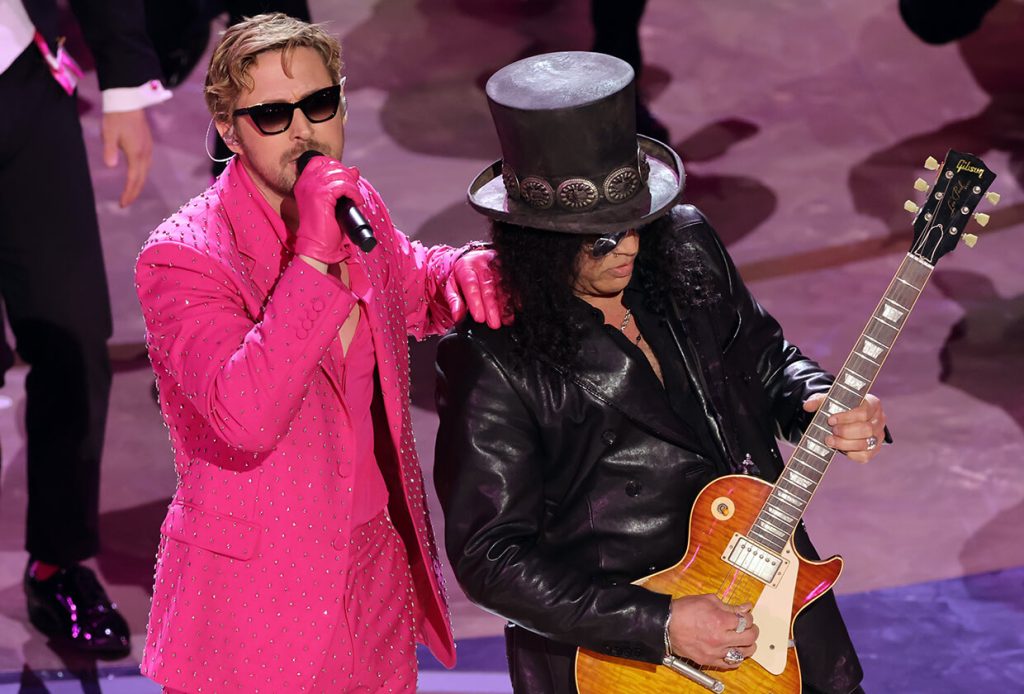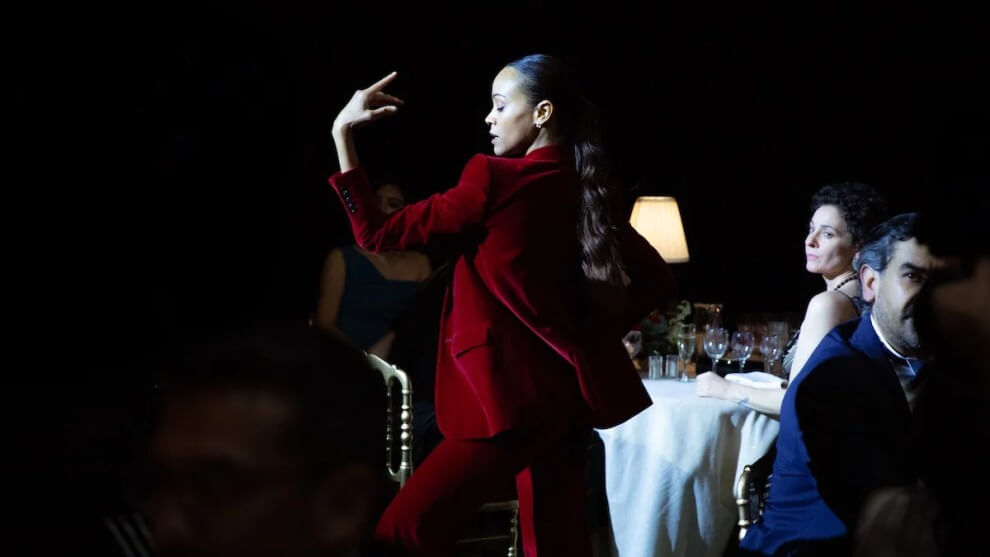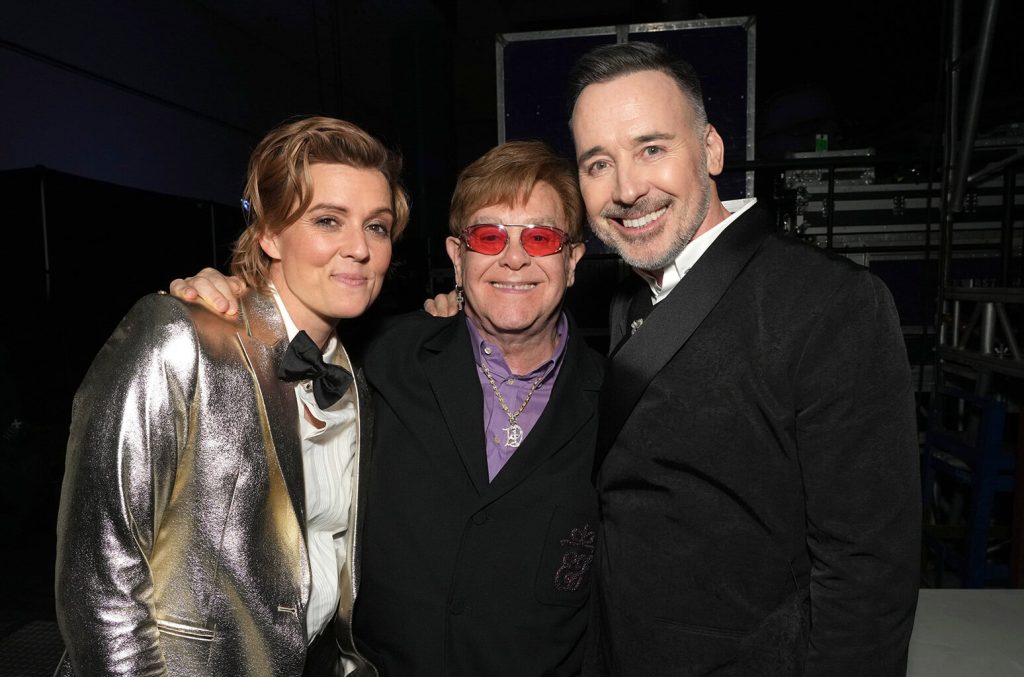No products in the cart.
World News
The 2025 Oscars: Best Original Song Nominees Step Back from Live Performances
The Academy Awards have long been a showcase of cinematic excellence, with the Best Original Song category offering some of the most memorable and emotional moments of the ceremony. However, the 2025 Oscars are set to take a unique turn, as the Academy has announced the decision to forego live performances of the Best Original Song nominees. This bold choice reflects a shift in priorities, aiming to emphasize creativity, innovation, and resilience in challenging times. Below, we explore the rationale behind this change, the history of live performances at the Oscars, the significance for songwriters and the music industry, and the potential impact on future ceremonies.
A New Direction: Why Live Performances Are Being Skipped
For decades, live performances of Best Original Song nominees have been a hallmark of the Oscars. These performances offer artists a global stage to showcase their work, providing audiences with intimate and powerful renditions of songs that define the year in film. However, the 2025 Oscars have decided to break from tradition by excluding these live performances from the ceremony.
The Academy’s decision is partly a response to the ongoing challenges posed by the Los Angeles wildfires, which have disrupted the entertainment industry and affected the community at large. In solidarity with those affected, the ceremony will prioritize a reflective and minimalist approach. Instead of live performances, the Academy plans to spotlight the songwriters and the creative process behind the music. By doing so, they aim to celebrate the artistry and resilience that define this category while aligning with the broader themes of the evening.
This decision also allows the Oscars to explore a more streamlined format. In recent years, the ceremony has faced criticism for its length and pacing, prompting calls for reform. Skipping live performances could help to shorten the broadcast while maintaining focus on the awards themselves. However, this change has sparked mixed reactions from fans and industry professionals, raising questions about the role of music in the Oscars and how the ceremony can balance tradition with innovation.

Looking Back: The Legacy of Best Original Song Performances
Live performances of Best Original Song nominees have been a central feature of the Oscars for decades, creating iconic moments that resonate with audiences around the world. From Whitney Houston and Mariah Carey’s duets to Lady Gaga’s emotionally charged rendition of “Shallow” from A Star is Born, these performances often elevate the ceremony, blending music and film in unforgettable ways.
Historically, these performances have served as a celebration of the intersection between cinema and music, offering a chance for songwriters and performers to connect directly with viewers. They also provide an opportunity for nominees to leave a lasting impression on voters and the public alike. For instance, performances like Celine Dion’s “My Heart Will Go On” and Idina Menzel’s “Let It Go” became cultural touchstones that defined their respective Oscars years.
The 2025 ceremony isn’t the first to forgo live performances of nominees. In 2012, the Academy made a similar decision, opting for a more focused and streamlined show. However, such omissions have often been met with disappointment, as fans and critics argue that live music is an integral part of the Oscars experience. As the ceremony continues to evolve, finding a balance between honoring traditions and embracing change remains a delicate challenge.
Shifting the Spotlight: Honoring Songwriters and Creativity
With live performances absent from the 2025 Oscars, the Academy has emphasized a new approach to celebrating the Best Original Song category. Instead of focusing on the spectacle of live renditions, the ceremony will highlight the creative process and the individuals behind the music. This shift aims to provide recognition for songwriters and composers, whose contributions are often overshadowed by the performers who bring their work to life.
The decision aligns with a broader push within the entertainment industry to elevate behind-the-scenes talent. Songwriters, composers, and producers play a critical role in shaping the emotional impact of films, yet they rarely receive the same level of attention as on-screen actors or directors. By centering the ceremony around their stories and artistic journeys, the Academy seeks to shine a light on the unsung heroes of filmmaking.
This new approach also offers an opportunity to explore the cultural and thematic significance of the nominated songs. For instance, Selena Gomez’s and Zoe Saldaña’s contributions to the 2025 Best Original Song category reflect a diverse array of voices and perspectives. By delving into the inspiration and context behind these songs, the ceremony can provide a deeper appreciation for their artistry and impact.

Reactions from the Industry and Fans
The decision to exclude live performances of Best Original Song nominees has sparked a wide range of reactions, with many in the industry expressing both support and skepticism. Artists and songwriters have welcomed the increased focus on their craft, seeing it as a rare opportunity to receive recognition for their creative contributions. This shift could also encourage more meaningful conversations about the role of music in film and the importance of collaboration in the creative process.
However, some fans and critics have voiced concerns about the potential loss of excitement and emotional resonance that live performances bring to the ceremony. For many viewers, these musical moments are among the highlights of the Oscars, offering a break from the awards themselves and creating a sense of shared experience. Without them, some worry that the ceremony could feel less dynamic and engaging.
The broader implications of this decision also raise questions about the future of the Oscars and how the ceremony can continue to evolve. As the entertainment landscape changes, the Academy faces growing pressure to balance tradition with innovation, catering to both longtime fans and new audiences. The response to the 2025 ceremony will likely inform future decisions about how music and other artistic elements are integrated into the show.
The Future of Music at the Oscars
The 2025 Oscars mark a pivotal moment in the history of the Best Original Song category, offering a glimpse into how the ceremony might continue to evolve in the years to come. While the absence of live performances represents a significant departure from tradition, it also opens the door to new possibilities for celebrating music and its role in storytelling.
One potential outcome is a greater emphasis on the diversity and cultural significance of the nominated songs. By highlighting the unique perspectives and experiences that shape these works, the Oscars can foster a deeper appreciation for the global impact of music in film. This approach could also encourage more inclusive and representative nominations, reflecting the rich tapestry of voices and stories in contemporary cinema.
At the same time, the ceremony will need to find ways to maintain the excitement and emotional resonance that live performances have traditionally provided. Whether through pre-recorded segments, innovative visual presentations, or other creative solutions, the Academy has an opportunity to reimagine how music is showcased at the Oscars. As the 2025 ceremony unfolds, it will serve as a test case for how the Academy can adapt to changing times while honoring the timeless connection between music and film.
Conclusion
The 2025 Oscars are poised to make history with their decision to exclude live performances of Best Original Song nominees, marking a significant departure from tradition. This bold move reflects a desire to celebrate creativity, resilience, and the artistry behind the music, offering a new perspective on one of the ceremony’s most beloved categories. While the decision has sparked mixed reactions, it also highlights the evolving nature of the Oscars and the ongoing effort to balance tradition with innovation.
As the Academy shifts the spotlight to songwriters and the creative process, the 2025 ceremony promises to deliver a unique and thought-provoking experience. By embracing change and exploring new ways to celebrate music, the Oscars can continue to inspire and captivate audiences, ensuring their place as a cornerstone of cinematic storytelling for years to come.
From viraldes


